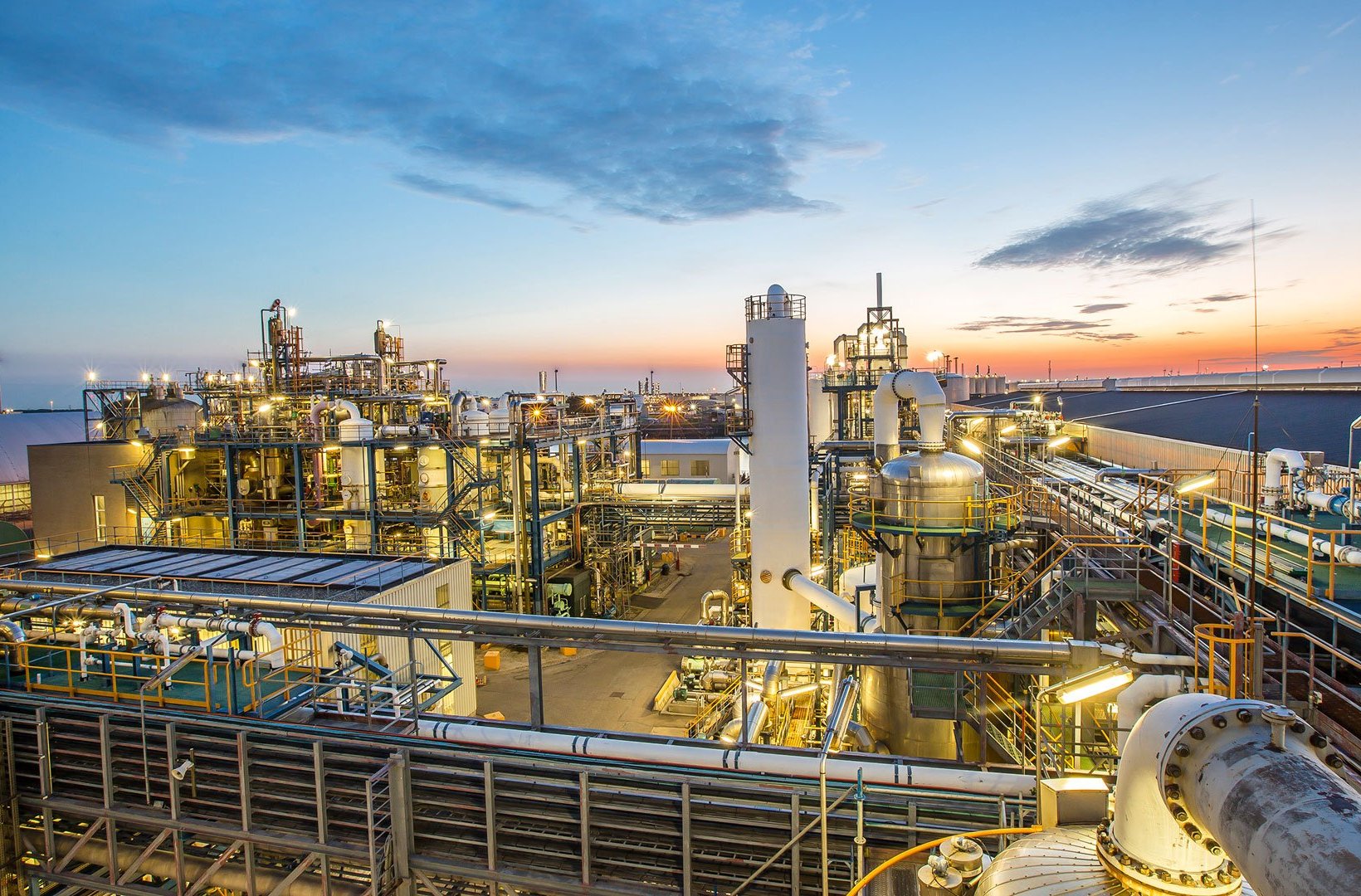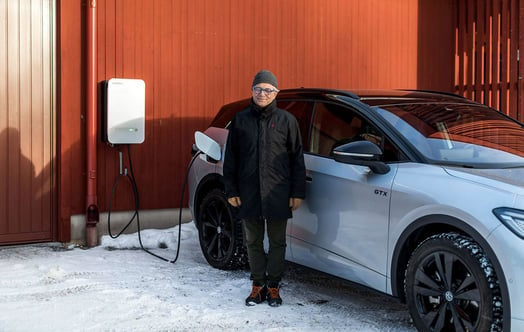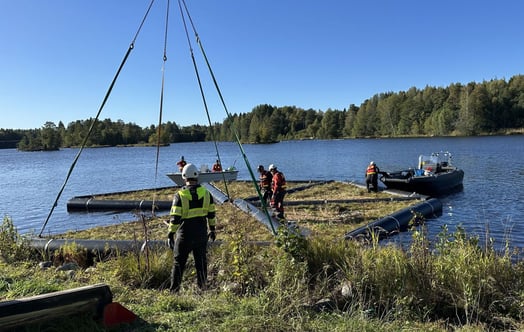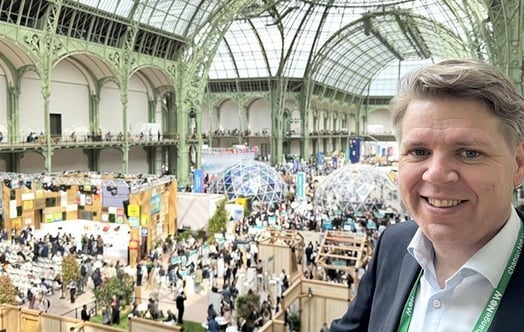
Flexible chlorine production contributes to grid stability
As the first large-scale industrial customer, Nobian's chlorine plant in Rotterdam, the Netherlands, will be added to Vattenfall's flexible capacity to better balance the grid.
The cooperation with Vattenfall enables the Rotterdam chlorine plant Nobian to respond to the increasing fluctuations in the supply of electricity caused by the growing share of solar and wind energy.
Nobian can quickly adjust the chlorine production depending on if there is more or less power available from renewable sources. When less power is available in relation to the demand, the chlorine production is automatically scaled down. The production is increased again when the supply allows. This adjustment is fully automated by real-time support from Vattenfall. In this way, Nobian adds 40 MW of flexible capacity to the grid, which is equivalent to a fifth of their chlorine production.
Erik Suichies Head of Wholesale at Vattenfall: "Controllable production, such as in gas-fired power plants, is increasingly losing its basic role. In a near future, today's power plants will not always be running. Still, the power grid must remain in balance 24 hours a day. This is why we need new flexibility that can respond to this. By adding a large off-take customer to our flexible asset pool, we are making a transition so that we don’t only manage production, but from now on we can also accurately adjust demand."
Making better use of energy supply
As a result of the growing share of solar and wind energy, the supply of electricity is experiencing more and more peaks and dips. TenneT, the Dutch TSO, uses regulating power to balance this. This regulating power is purchased from various suppliers, including Vattenfall. The regulating capacity consists of a collection of production locations, particularly gas-fired power stations, which can quickly supply more or less power. Nobian's chlorine production is now being added to this.
The current supply of regulating power comes mainly from fossil power plants. By using the flexibility from the chlorine plant, less fossil energy is needed to stabilise the grid. "Certainly when electrification further increases electricity consumption for industrial processes, fluctuations in electricity production can be absorbed with flexible off-take by large industrial consumers. With sufficient flexibility, costly measures such as imports or controllable power plants can be limited. In the Netherlands, the potential of industrial demand management is around 3.4 GW. The current use is between 700 and 1900 MW. The potential capacity of flexible electricity use by industry is very promising", said Maarten Abbenhuis, COO at TenneT.
With this agreement, all parties are thus making a joint contribution to the energy transition and to achieving their sustainability targets. Vattenfall aims for a fossil-free life within one generation. Nobian aims to use 50 percent renewable energy by 2025.



